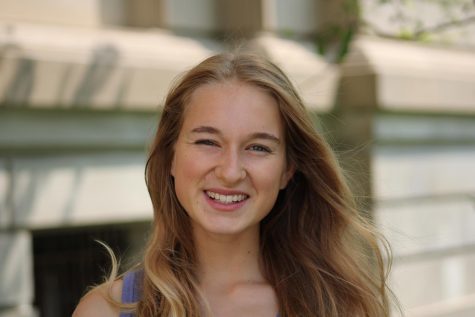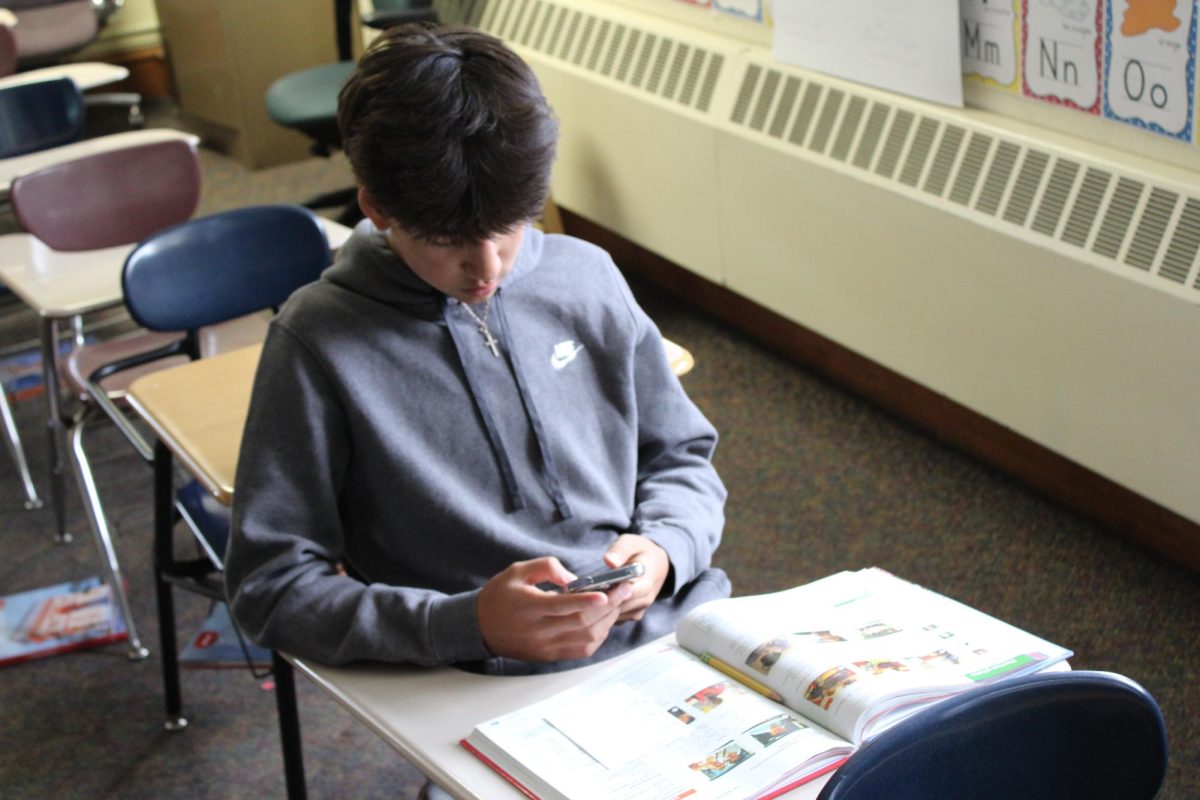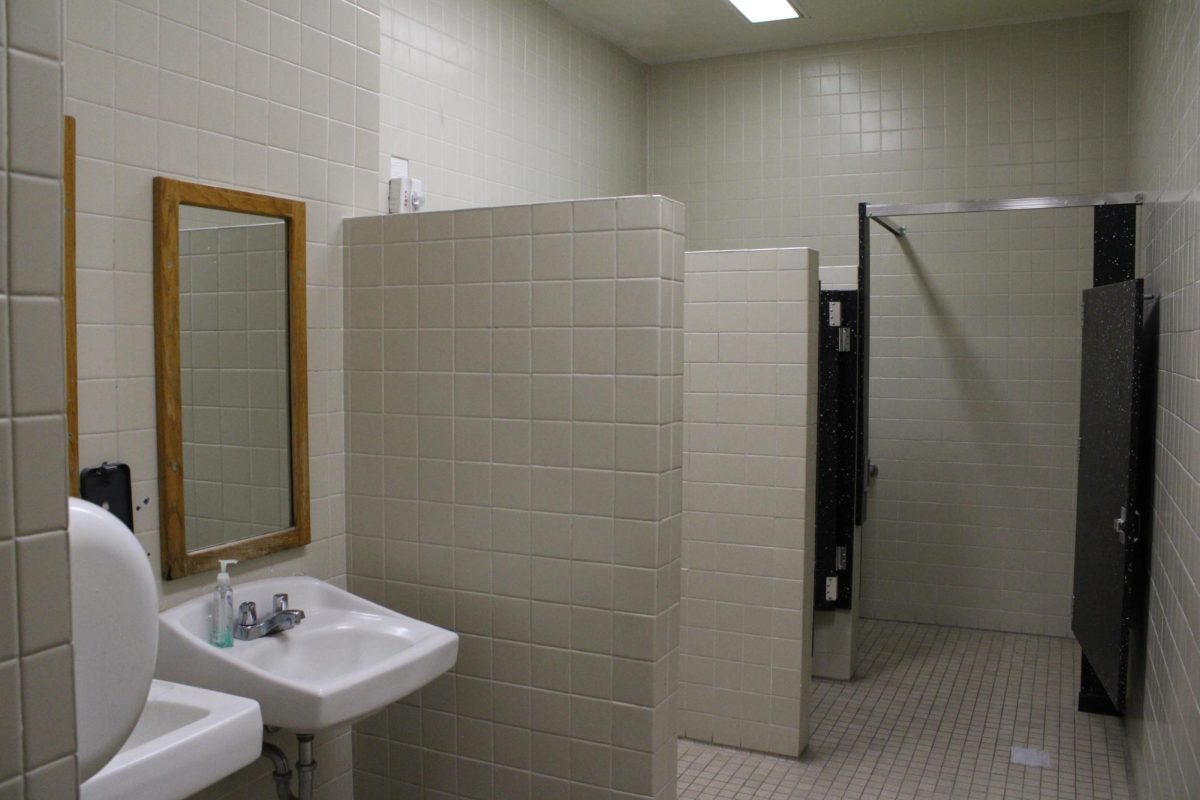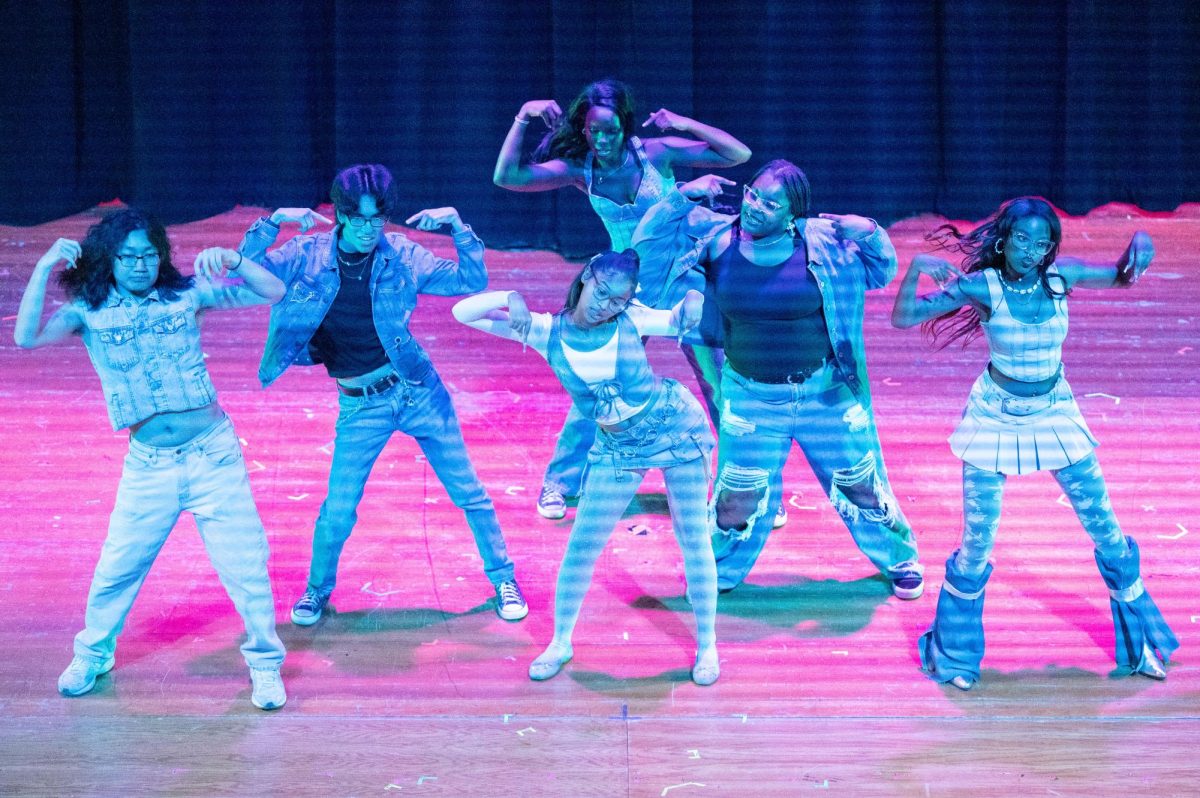Elementary school iPad use concerns teachers
When Omaha Public Schools announced iPads for every student, it seemed a huge victory. The iPads gave students the chance to keep up with their curriculum and provided equity in the very unequal struggles of COVID.
However, such a sharp increase in screentime for elementary age children has raised serious concerns. Three years into the iPads being absorbed into the classroom and the question raised is whether they are benefitting students post-pandemic. A few Central teachers have experienced frustration with the iPads in an extremely personal manner—with their own elementary school age OPS children.
As opposed to high school, where iPads are often used for assignments, elementary schools still do most of their work on paper. Kindergarten through second graders are only required to spend about 15 minutes on Success Maker, a math app, 15 minutes on I Read, and read six passages from Amira, a reading app each week, according to OPS elementary curriculum guidelines. Third through sixth graders are only required to read five passages on Amira, 15 minutes on Lexia, another reading app, and 15 minutes on Success Maker. The only other time iPads are used daily is to turn in assignments. This means that OPS curriculum is not conflicting with health standards for children set by the American Pediatric Association of no more than one or two hours of screen time per day.
However, iPads are addictive, like any other screen with internet access, and these educators know firsthand that students use screens far more than just when assigned. Since they are required to turn in all assignments online, the iPads are with these young students all day long. So, while they do not have excessive assigned iPad time, free time is often spent on these iPads. These young students get around firewalls, restrictions and more to continue playing games, communicating and even cheating, according to the teachers. This is magnified when OPS students finish the school day and many go to after-care programs that are happy to have them quiet even if it means hours on their screens.
These teachers and parents are very in tune with how this screentime has affected their children’s learning. Molly Davies is an English learner teacher at Central who has two children at Jackson Elementary who feel held back by the iPads in different ways.
“My daughter feels some of the forced practice is way below her level. My son just speeds through the apps and as a result has bad statistics. I think he has a really hard time that the apps on a game are different from an iPad,” she said.
Teachers are also aware that school is not about learning only in the terms of retaining information, but more importantly, learning how to think creatively to obtain more information. However, these quick paced learning apps condition more black and white learning.
“They can switch what they are doing so rapidly. They don’t have time to be bored. I think boredom is a beneficial thing when you are at that age because boredom leads to creativity,” said Martha Omar, an English teacher at Central and mother to a kindergartener and third grader at Jackson.
“I think it creates a situation where they are not thinking but fetching,” affirms Davies, because when information is fetched, it is less likely to be remembered long-term.
As teachers themselves, they also understand that much of what is taught in school is social. What students learn by interacting with each other cannot be replaced by any app. Just the presence of iPads seems to have had a negative effect on social learning as they create competition between entertaining oneself with a screen and entertaining oneself with other classmates. The long-term consequences of this are something parents who are teachers see daily.
“You can go to a class where it’s zombielike. Where you can talk or socialize, that is more appealing to me,” said Molly Jenson, a math teacher at Central with two children at Dundee Elementary. She tries to make up for less social learning once her kids return home.
“I provide extra activities for my kids, I make sure they are with friends or doing extracurriculars to get that social piece, but it gets a lot of extra work on my part to get that in,” she said.
Not all parents have the time or money to organize play dates or sports for their children after school, creating a gap between those who can afford social education and those who can’t. The loss of engaging education and loss of healthy social interaction is the perfect storm for developing both disruptive and non-participating students.
“When you have a kid that’s less engaged and you are making them do things that are disengaging, you get behavioral problems,” Davies said. All the Central teachers expressed worries over how the iPads affected not just their children’s learning, but also their children’s emotional development.
“Feelings that he had prior to iPad use, he was better about talking about what he was feeling and he was in a little bit of a happier mood. They’re not nice boys to be around once they play on their iPads,” Omar said.
What is interesting is that these educational tools gifted to help teachers are not exactly encouraged in the homes of educators. This way of thinking parallels that of the Silicon Valley parents. “We didn’t give our kids cell phones until they were 14, and they complained that other kids got them earlier,” Bill Gates told CNET. It is those closest to these powerful tools that have the most caution.
Even off the screen, how kids play has been affected since the iPads were introduced.
“The constant changing of the screens is making it harder to keep their attention. My sons need to change what they’re doing really frequently,” Jenson said.
This wariness comes from noticing some negative effects of their iPads in their own high school classrooms as well as their children’s. “When we get home it’s no iPad,” Davies said.
Your donation will support the student journalists of Omaha Central High School. Your contribution will allow us to purchase equipment and cover our annual website hosting costs.

Hey. I'm Chloe Johnson (she/her). I'm a senior and this is my fourth year on the Register. Staff voted me most likely to have been a hippie in the 60s,...




















